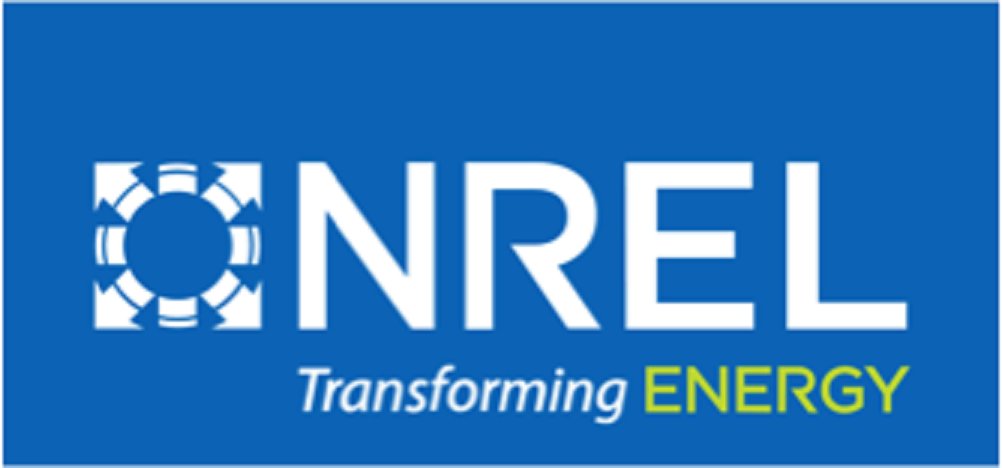NREL: Expanded Data Sets and a Smooth-Sailing User Experience: Meet Marine Energy Atlas
The promise of marine energy is seemingly boundless—and thanks to a recently upgraded tool powered by new high-resolution data sets, users can pinpoint promising sites.
Developed by the National Renewable Energy Laboratory’s (NREL’s) resource characterization team and funded by the U.S. Department of Energy’s (DOE’s) Water Power Technologies Office, the Marine Energy Atlas (formerly MHK Atlas) will support everything from project siting to device design via access to uniquely high-resolution and spatially comprehensive data sets.
The recently released Marine Energy Atlas features several new upgrades to modernize and streamline the user-friendly interface while supporting higher-resolution data. The new high-resolution wave data sets were developed at Pacific Northwest National Laboratory, Sandia National Laboratories, North Carolina State University, and University of Hawai’i under a project led by NREL. These enhancements will boost both the usability and the value of this important marine energy tool.
Meeting Marine Energy Community Data Needs
The Marine Energy Atlas is an interactive mapping tool developed by NREL to explore potential for marine energy resources. Powered by multilab, high-resolution data sets, the atlas maps U.S. wave, tidal, riverine current, ocean current, and ocean thermal resources.
Users can explore several variables in each of these resource types, such as wave height, wave period, wave direction, tidal and ocean current speeds, and more, by selecting data layers.
The needs of the wider marine energy community are central to the design and functionality of the Marine Energy Atlas. The multilab resource characterization team engages the marine energy community to identify data gaps and then runs models and completes measurements to produce the data that is presented in this unique, publicly accessible tool.
Project developers can use the tool to locate potential project sites, and technology developers can employ the atlas to download data for sites for which they are designing technology.
By producing—and making accessible—the highly valuable data that is central to technology and project design, the Marine Energy Atlas can help advance the entire marine energy industry.
Upgrades for a Smooth-Sailing User Experience
Central to the Marine Energy Atlas is its user-friendly interface. Users can download high-resolution data in a range of formats with the click of a button.

